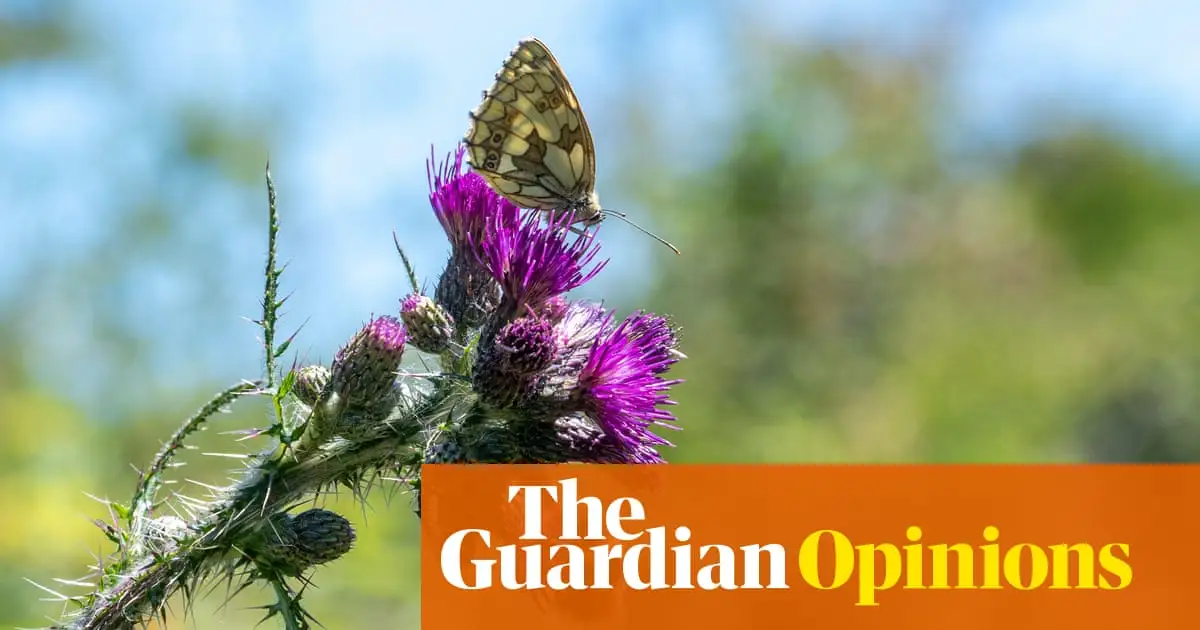Creating the right habitats with public money is helping to stop nature’s decline or even reverse it. That’s the good news from Natural England, which reports more butterflies, bees, bats and birds whizzing around the countryside after the promotion of nature-friendly farming schemes. The body, which advises the government on biodiversity, published research earlier this month showing that the environmental land management scheme (Elms), set up after the UK left the EU, has had beneficial effects.
Unlike the common agricultural policy, which mainly subsidises landowners on the basis of acreage farmed, Elms payments were designed to promote nature. Wildlife has been massively depleted in recent decades due to intensified agriculture and the use of chemicals. Measures that qualify for this new form of support include hedgerow and peat conservation, the creation of landscapes for skylarks and organic fruit-growing.
The research, which included arable, grassland and hill farmers, showed that moths, butterflies and bats have all grown more numerous in the places where farmers had adopted new methods. In total, 1,358 species were recorded. In lowland areas, the study pointed to the importance for butterflies of habitat diversity, with features including woodland and hedgerows.
Good to see it’s working. Hopefully this’ll encourage further take up.
Have we found… I almost don’t dare say it… a Brexit benefit?




